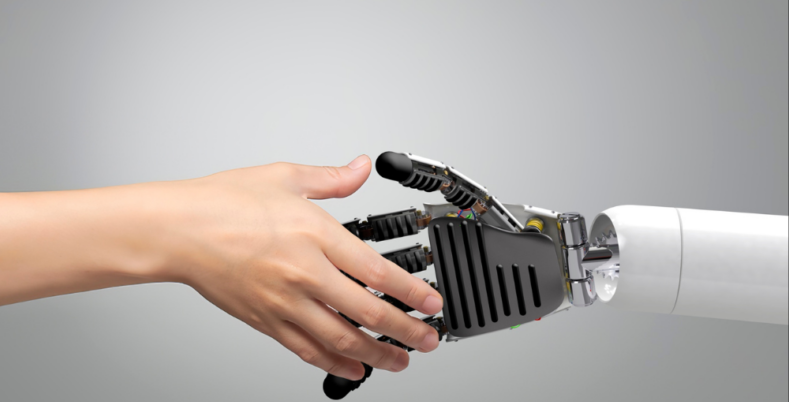Paris, February 3, 2025 - With the support of Capgemini, the AI and Society Institute, the Ecole normale supérieure (ENS-PLS) and the ENS Foundation have launched an Observatory dedicated to analyzing and mitigating the environmental impacts of Artificial Intelligence (AI) at all stages of its lifecycle (training, adjustment, inference and end-of-life). The new Observatory aims to establish a solid, shared methodology to encourage sustainable AI usage.
The widespread adoption of AI, especially generative AI, has unlocked significant opportunities across various sectors. However, the growing computational demand for these new uses is leading to an increase of its environmental footprint (in terms of energy and water consumption, as well as carbon footprint), making it necessary to systematically assess their impact and implement measures to mitigate them. A recent research paper from a Capgemini R&D team highlights that large generative AI models consume 4,600 times more energy than traditional models, with AI-related electricity usage potentially increasing 24.4 times in the most extreme scenario by 2030. Mitigating this environmental impact in the coming years will require a coordinated effort from all stakeholders across the AI value chain, cites the publication.1
The global Observatory on AI’s environmental impact intends to address these challenges. It will bring together a diverse, multi-stakeholder community of international experts (academia, businesses and civil society), and will help to:
- Establish a robust, shared methodology for measuring the environmental impact of AI technologies;
- Create a global, open-access database where AI developers and researchers can contribute with data on the environmental performance of their models, fostering transparency and collaboration between businesses and research circles;
- Promote sustainable AI practices;
- Provide strategic analysis and disseminate knowledge;
- Bring together key stakeholders.
“At the ENS-PLS, we firmly believe that research and action must go hand in hand to drive positive change in our societies,” explains Anne Bouverot, Chairwoman of the ENS-PLS Board of Directors.
“This Observatory is the bridge between the two and is part of our commitment to provide informed solutions to public and private institutions on artificial intelligence and its impact,” adds Marc Mézard, Chairman of the AI and Society Institute.
“Today, companies are looking for efficiency gains, yet very large AI models not only entail a significant environmental footprint, but also higher costs,” says Etienne Grass, Managing Director of Capgemini Invent France. “To harness the power of this technology responsibly, it is essential to put in place clear and transparent methodologies, and to work with all players in the AI value chain.”
Capgemini has previously produced several research reports on the implementation of sustainable AI, including a survey of 2,000 senior executives from major companies in 15 countries2 and a research paper that proposes an initial methodology for quickly estimating the environmental impact of a company's AI-related business portfolio.
About Ecole normale supérieure
At the same time a French grande école and a university, the Ecole normale supérieure provides in Paris, at the heart of the Quartier latin, excellent training through research, leading to various teaching and research professions, and contributes to train through research the senior executives of public administrations as well as of French and European companies. The ENS also defines and applies scientific and technological research policies, from a multidisciplinary and international perspective.
About the IA & Société Institute
The Institute for AI and Society, hosted by the École normale supérieure, was co-founded by Université Paris Dauphine, PSL, and the Abeona Foundation. Its mission is to promote the responsible development and use of AI by studying its interactions with society.
About the ENS Foundation
Founded in 1986 and recognized as a public-interest organization, the Fondation de l'École normale supérieure is dedicated to supporting teaching and research initiatives while expanding the ENS’s outreach by engaging the generosity of donors and corporate partners.
About Capgemini
Capgemini is a global business and technology transformation partner, helping organizations to accelerate their dual transition to a digital and sustainable world, while creating tangible impact for enterprises and society. It is a responsible and diverse group of 340,000 team members in more than 50 countries. With its strong over 55-year heritage, Capgemini is trusted by its clients to unlock the value of technology to address the entire breadth of their business needs. It delivers end-to-end services and solutions leveraging strengths from strategy and design to engineering, all fuelled by its market leading capabilities in AI, cloud and data, combined with its deep industry expertise and partner ecosystem. The Group reported 2023 global revenues of €22.5 billion.
Read more: 





